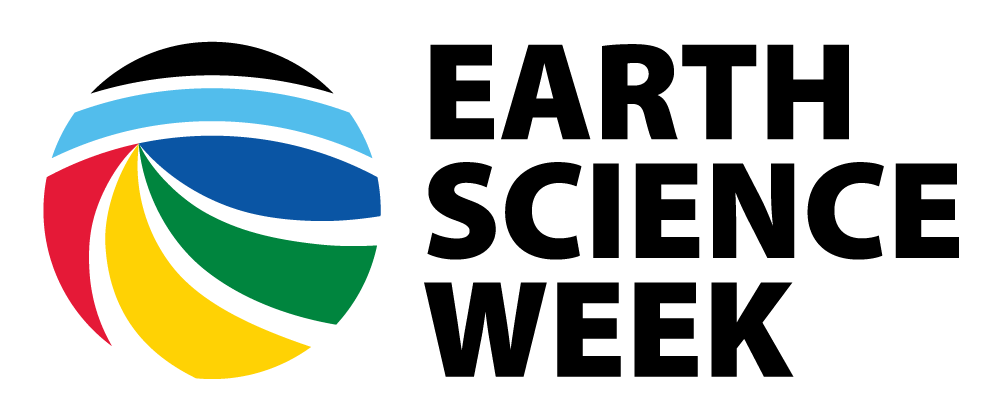2006 Essay Contest Finalist
Entry by Stephen Eltinge c/o Kirk Treakle
Citizen Scientist: Weather Data Collector
Our society depends on weather predictions to make plans; you want to know it it’s going to rain tomorrow, in case you need to bring an umbrella to school. Luckily, there are many sources of this information: TV, the newspaper, and the internet, for example. How do the TV stations, newspapers, and internet sites get the date, though? Some of it is obtained by satellites, radar, or trained professionals, but what is the best way to get as many data points as possible for the lowest cost? Volunteers, of course! Ordinary citizens can set up weather stations in their backyards that track weather data like temperature and wind speed and send the data to weather forecasting services.
Someone who is interested should first buy a weather station, which can be purchased through a number of sources like Radio Shack or online retailers. When you set it up, you can start to measure data like temperature, air pressure, wind speed and direction, precipitation, and humidity. Of course, you’ll need to check the devices and record your observations. Once you have that data, you can send it in to organizations that can use it. For example, the Association of American Weather Observers (AAWO) maintains a free database of weather observations that its members have made. Commercial weather services sometimes get data in this way.
There are many benefits to this setup. For one thing, the weather service gets more data to work with. The more data it can get, the more accurate a picture it can paint of the world and the better predications can be. It also saves them money- they’re getting all this data for free! Having people donate their independent observations saves the services money that would otherwise be spent on professionals and equipment. However, the last reason is possibly the most important: it gets ordinary citizens interested in meteorology. If they are interested, they’ll want to find out more, and finding out more might make them want to become meteorologists themselves. Getting ordinary citizens interested in science can only help the country.
Of course, there are challenges to a system like this. Those interested citizens have to spend the money to buy expensive equipment, and they also have to know how to use it and get accurate readings. Inaccurate data is probably worse than no data because it distorts your idea of what’s going on. There are also those nasty things statisticians call constants: are you measuring at the same time of day everyday? Is it the same person doing it? If not, then your data might be worthless because it is misleading. Other than that, citizens observing and recording their own weather is a very good way for them to become interested in earth science.
